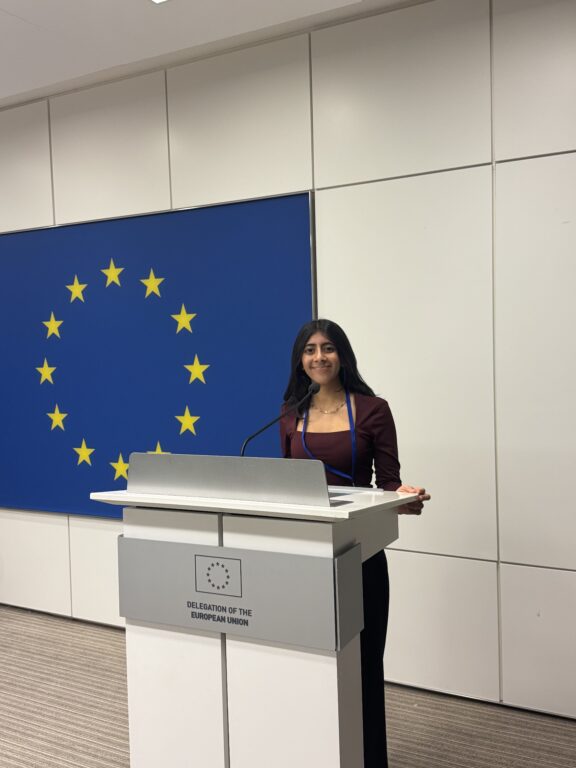By: Raiyan Bakshi
Flint, Michigan: It’s a place many Americans associate with one thing in particular, poisoned water.
In 2015, the water in Flint was found to have extraordinarily toxic levels of lead well beyond EPA acceptable limits. Many in this community, which is predominantly Black, became sick from the poisoned water and 12 died, due to a failure in U.S. infrastructure in providing a basic human right — access to clean water.
This is not an isolated case, however. The communities living in the infamous stretch of 85 miles filled with many petrochemical plants and oil refineries known as “Cancer Alley,” who are also predominantly Black, have around 50x the likelihood of cancer compared to the average American.
On a global scale, studies show that less developed countries & communities often experiencing the worst effects of climate change are the ones that contribute to it the least. It’s a cruel irony.
While the fight against climate change is definitely a fight to protect our planet, it’s also a fight for justice, a fight for every human having the right to enjoy our planet.
Many people, including some environmental advocates, seem to forget the latter when discussing climate change.
Climate change affects each one of us, but the extent varies. There are many factors that influence its impact, but a significant one is where we live.
People in a wealthier environment are less likely to notice the effects of climate change as much as those living in poor communities. A simple example is air conditioning: a commodity that many people often take for granted. Yet, there are communities who do not have access to what we consider basic commodities.
These same disadvantaged communities have heightened levels of hospitalizations for heat strokes and other environmental-related diseases. Compounding the problem, many of the hospitals in these communities are the least funded & least equipped and able to handle these influxes of patients.
Affluent people do not experience the same level of environmental struggles the less wealthy face, causing many to doubt the severity of climate change’s destruction around the world.
People who do not live in underprivileged communities do not see the grief of a Latina mother in Kettleman city where miscarriage rates soar from hazardous waste facilities. They don’t see the sorrow of a cancer-ravaged Navajo family that regularly drank uranium contaminated water.
The rich do not see people in impoverished Birmingham communities disproportionately dying from high levels of toxins inhaled from the nearby mills. They do not see the eyes of a child in Miami filled with tears as her family is forced to leave their home destroyed from flooding.
There are so many stories like these that the impact on poor communities does not even make the news.
The first step is educating the public that climate change is real and devastating. It is causing immense suffering to people in the United States and to poor people around the world. The first step is for people to accept the reality of climate change. Only then can we take action to stop it.
Raiyan Bakshi was an intern with the World Affairs Council of Harrisburg & PennLive. Read the article published on PennLive.




